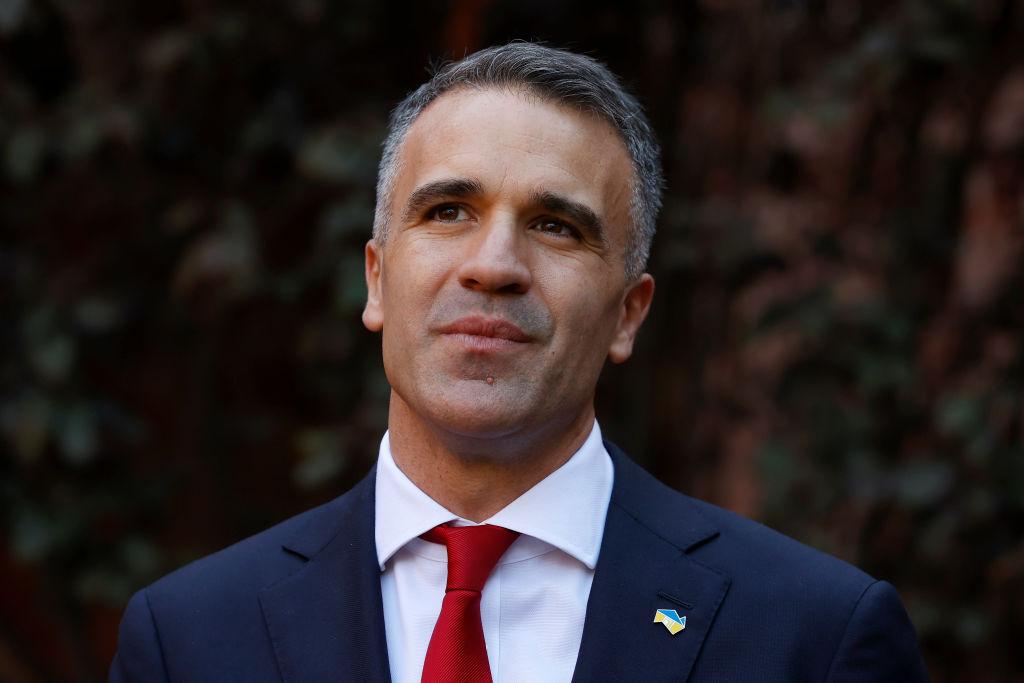The South Australian government’s Mid-Year Budget Review (MYBR) showed a $201 million operating surplus in 2024-25, driven by strong economic conditions and rising property taxes, but state debt is set to soar to a record $46 billion as infrastructure spending accelerates.
Treasurer Stephen Mullighan stated that the surpluses reflect strong economic conditions and mark a consistent improvement since the Malinauskas government returned to surplus in 2022-23, following three consecutive deficits under the previous government.





